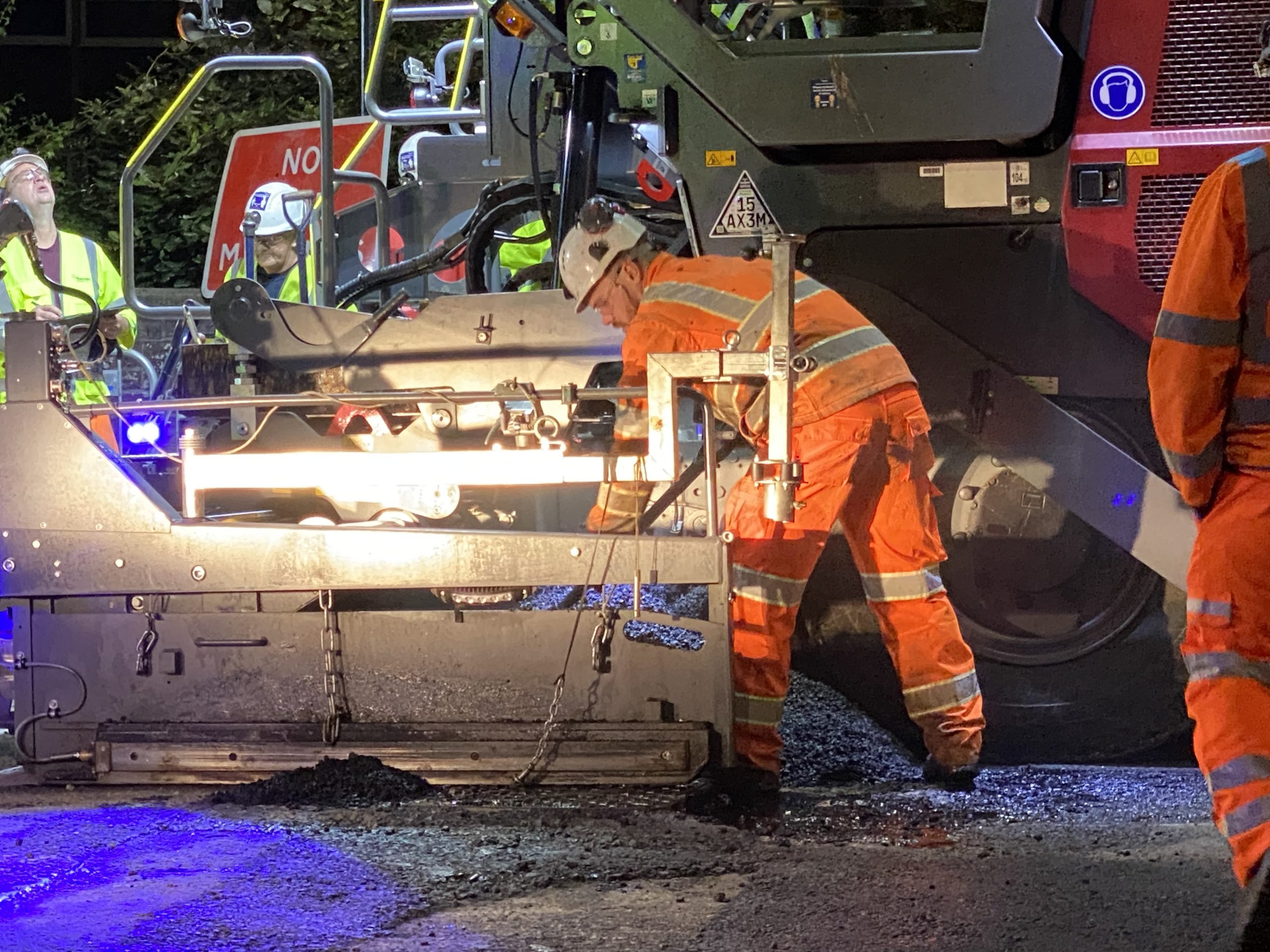Cumbria county council and Doncaster council are both participating in separate highway and kerbside initiatives using recycled plastic materials following successful trials.
Cumbria
Cumbria county council announced on 23 July it was working with plastic roads company MacRebur to lay Carlisle’s first plastic highway.
The initiative, explained the authority, involves swapping concrete materials for a recycled plastic material, composed of approximately 238,958 single-use plastic bags, within the asphalt mix.
Toby McCartney, CEO at MacRebur, said: “After first starting trials in January 2019, it is brilliant to see the first waste plastic highway take form in Carlisle.
“Implementing waste plastic roads across the country would provide a real opportunity to reduce the carbon footprint of road construction. With ministers planning to spend over £27 billion on road building over the next five years, it’s so important to make sure that construction is as environmentally-friendly as possible by decreasing carbon emissions and fossil fuels.”
ADEPT
Cumbria’s project is part of the ADEPT SMART Places Live Labs Programme, a £22.9 million initiative run by the Association of Directors of Environment, Economy, Planning & Transport (ADEPT) and funded by the Department for Transport.
Allocated £1.6 million, Cumbria is one of eight projects selected to carry out real world tests using new highways technology and methods on local roads.
Located on Lowther Street in the centre of Carlisle, the road will look the same as regular asphalt but because it contains plastic, it will be more flexible, MacRebur says.
Cllr Keith Little, Cumbria county council member for highways, added: “The county council is investing around £150,000 in resurfacing works on Lowther Street, which will make journeys smoother and safer for drivers. Working with our contractor Hanson, Cumbria is leading the way in the construction of plastic roads and there is a genuine worldwide interest in this ground-breaking material.”
Doncaster
Meanwhile, Doncaster council announced at the end of July that it was swapping traditional concrete road kerbs and drains for recycled plastic units designed by sustainable product manufacturer Durakerb.
[gallery_placement]Initial trials of the units took place in February 2020 at sites including the North Bridge and Marsh Gate junction in Doncaster.
A report, following the trial period, recommended the council “extends the use of the plastic kerbs to other suitable projects across the borough with a view to them becoming the norm”.
Also noted was that the lifting of heavy loads and use of machinery can lead to the development of musculoskeletal disorders and Hand Arm Vibration syndrome, as well as exposure to carcinogenic airborne silica released when concrete is cut. Durakerb minimises these hazards as being made from plastic, it is lightweight and can be cut with a hand saw allowing one-operative installation within the HSE guidelines and has a very low risk of silica exposure.
Safety
“The council’s decision to continue installing the kerbs was primarily based on safety”
Phil Sutton, managing director at Econpro, the parent company of Durakerb, commented: “The trial in Doncaster is an excellent case study for Durakerb as it highlights the many benefits of the product, beyond its environmental advantages.
“The council’s decision to continue installing the kerbs was primarily based on safety, something which is particularly important with the easing of lockdown and the maintenance of social distancing on site. We’re hoping more councils will realise Durakerb’s potential and adopt a similar approach in the near future.”
The post Cumbria and Doncaster in plastic road initiatives appeared first on letsrecycle.com.
Source: letsrecycle.com Plastic



